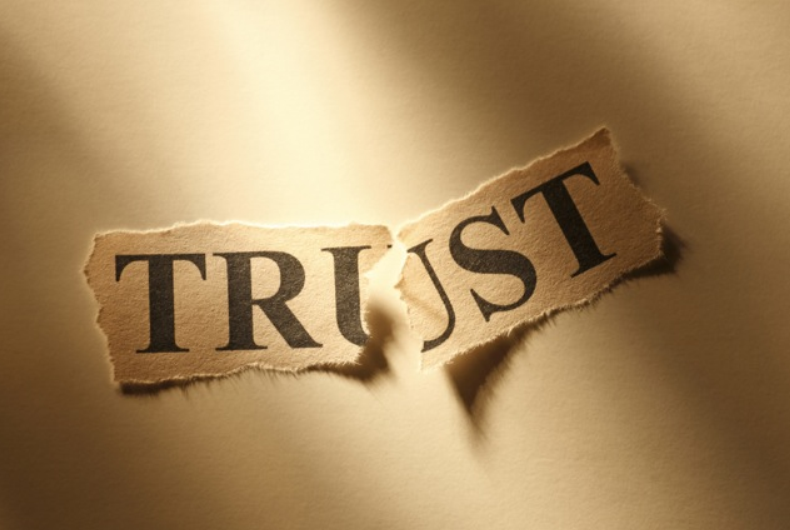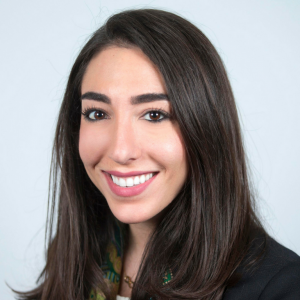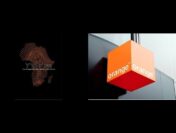 “Trust is like the air we breathe — when it’s present, nobody really notices; when it’s absent, everybody notices”: this Warren Buffett quote could not be truer for the present day environment in the advertising and marketing business. Marketers are dealing with newer challenges impacting their ability to stay in step with the pace of innovation and change. And among other things, this is leading to lack of trust with their agency and media counterparts.
“Trust is like the air we breathe — when it’s present, nobody really notices; when it’s absent, everybody notices”: this Warren Buffett quote could not be truer for the present day environment in the advertising and marketing business. Marketers are dealing with newer challenges impacting their ability to stay in step with the pace of innovation and change. And among other things, this is leading to lack of trust with their agency and media counterparts.
Being braver and bolder, a continued message from The Marketing Society’s Middle East chapter is a possible solution to this, according to some of the leading marketers in the Middle East & North Africa (MENA) region.

At the recently concluded Festival of Media MENA, The Marketing Society brought took a closer look at the biggest issues that are currently frustrating advertisers in context to the media landscape in the Middle East. Chaired by The Marketing Society’s Asad ur Rehman, also the Director of Media, Unilever MENA, the discussion ranged from agency management to media transparency and value of user experience over price.
Mr Rehman set the tone, reminding that a brand deals with many issues in the boardroom and then many more in the marketplace. He reflected, “Brands don’t always get it right and being brave means pushing the envelope and looking for something new. Brands try to ride the wave of what is going on in the society — be it digitally, economically or socially. Sometimes they get it right, sometimes the consumers don’t like that bravery. The important thing however is to continue trying.”

The Core Offer
Commenting on the issue of data market specialization, one of the panelists, Khaled Ismail, Regional Vice President Communications at Tetra Pak delved on the evolution of the industry, and how trying to be a one-stop solution does not always mean good news especially, when the agency does not provide the quality to match the claim.
He said, “This industry is constantly evolving. In the last couple of years alone, we have moved on from just talking about social media, to trying to understand how Virtual Reality (VR) or Artificial Intelligence (AI) impacts us. Some times, in trying to be everything, agencies lose sight of their core offer, leading to the question whether they are in fact good at everything that they are offering.”
Mr Ismail was essentially questioning when specialist agencies hire talent beyond their core expertise. For instance, when VR specialist agencies hire social media staffers. He said, “It is important to not pretend to be something you are not.”

Know Your Agency
A large part of successful marketing is about ably managing the relationship, and along the way, forming a cohesive unit with the agency partners. Daniel Taylor, Senior Director Brand Development, du, stressed that brands should be an active part in the entire process of working with the agency. “We invest significant time in being smarter in the way we spend money, seeking more effectiveness and efficiency. As du, we measure everything — relationships, volume, services, being connected to the right things at the right time and so on. We also measure how effective our campaigns are and how well they were received.”
He advised marketers to know what they are looking for, and what they need from their agency partners. “We spend all this money hiring media agencies, creative agencies, social media agencies but if we do not work with them closely, the relationship will spiral very negatively,” he added.

The panel also discussed the advantages of a centralized accountable team and a single line of conversation with the agency. Maria Gedeon, Marketing Director, Majid Al Futtaim Cinemas stated that her company would rather work with the specialists albeit in a manner that is well connected and integrated. “As companies, we can sometimes be disconnected within our various departments. I believe there should be one person who is held accountable to owning the marketing brief, and the delivery of the messaging to the agency. At the end of the day, we all have targets. If you don’t believe that the agency is not going to give you what you want, then it will be difficult to build a relationship.”
The Transparency Issue
The leaders also discussed the issue of the lack of transparency in the system. “This is a global issue and we cannot expect it to change quickly unless we have regulations. There is a strong need to define the KPIs to get a clear understanding of the desired results,” said Mr Ismail.
Mr Taylor pointed out that it is not just the media agencies that can be blamed for the lack of transparency. He said, “We don’t see much transparency in the all the media that we invest in. There is need for global leaders to come together and find a solution. We have to ask questions of even the media suppliers. People who are creating new media, are doing it in a way that is not aligning with the deliverables. All this makes people like us trust them lesser.”
The marketers also discussed the discrepancy when it comes to reports from agencies. “There is a gap between agencies and clients. We don’t always know what’s going and I don’t think the agency wants us to know whats going on. I am not able to assess whether my agencies are doing a good job, a great job or a fantastic job, unless we fall back on the reports which can differ significantly from agency to agency. At times the reports are very random,” said Ms Gedeon.
It is evident that both marketers and agencies have to work together to rebuild the trust in the ecosystem. As advertisers continue to wrestle with the problem of media, transparency and lack of durability of data, Mr Rehman correctly pointed out that the industry is going through a journey and it should be brave enough to sit across the table and talk about it. “Brands are often not brave enough, we need to be bolder,” he concluded.




